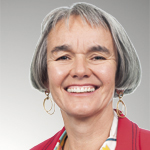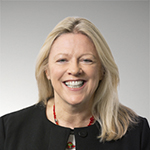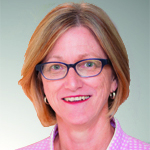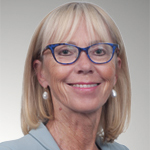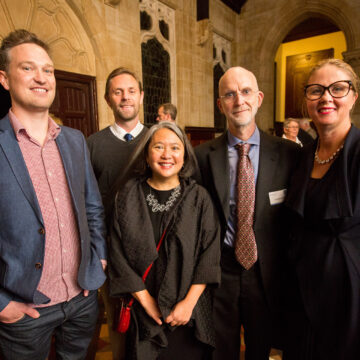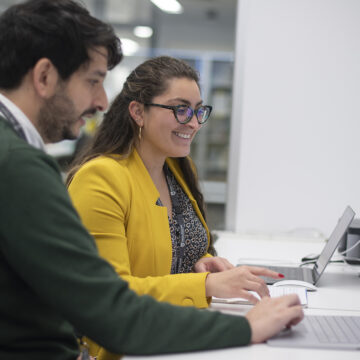Professor Shelley Dolan joined the Royal Melbourne Hospital in August 2023 as Chief Executive, previously serving as the Chief Executive of the Peter MacCallum Cancer Centre.
In her previous roles, Professor Dolan has successfully led large specialist tertiary hospitals in the UK, including as Chief Executive of Kings College Hospital NHS Foundation Trust and Deputy Chief Executive of the Royal Marsden Hospital.
Professor Dolan is a highly respected clinical and research leader with an impressive track record in health care, having successfully led major organisational and cultural change in Victoria and the United Kingdom (UK).
Key capabilities include Executive and Non-Executive leadership across national and international bodies, strategy development, delivering excellence in quality and performance, overseeing large capital schemes and innovative research projects that require engagement with a broad range of stakeholders.
Professor Dolan has a PhD in the early diagnosis of sepsis in cancer patients and a master’s degree in advanced practice nursing. She is a Professor (Enterprise) of the Melbourne School of Health Science at the University of Melbourne.
She is a Director of the Melbourne Academic Centre for Health, Melbourne Genomics, Walter and Eliza Hall Institute of Medical Research (WEHI), and CRC Participant Director on the Board of Oncology One. In November 2022, the Minister for Health and Aged Care appointed Professor Dolan as a Member of the Cancer Australia Advisory Council.






